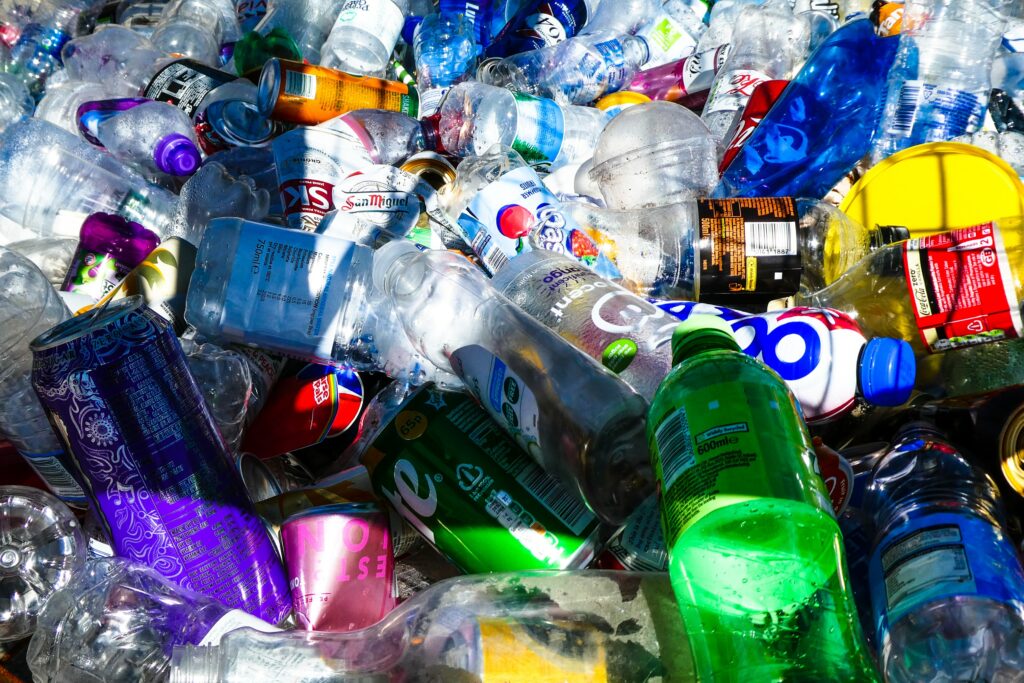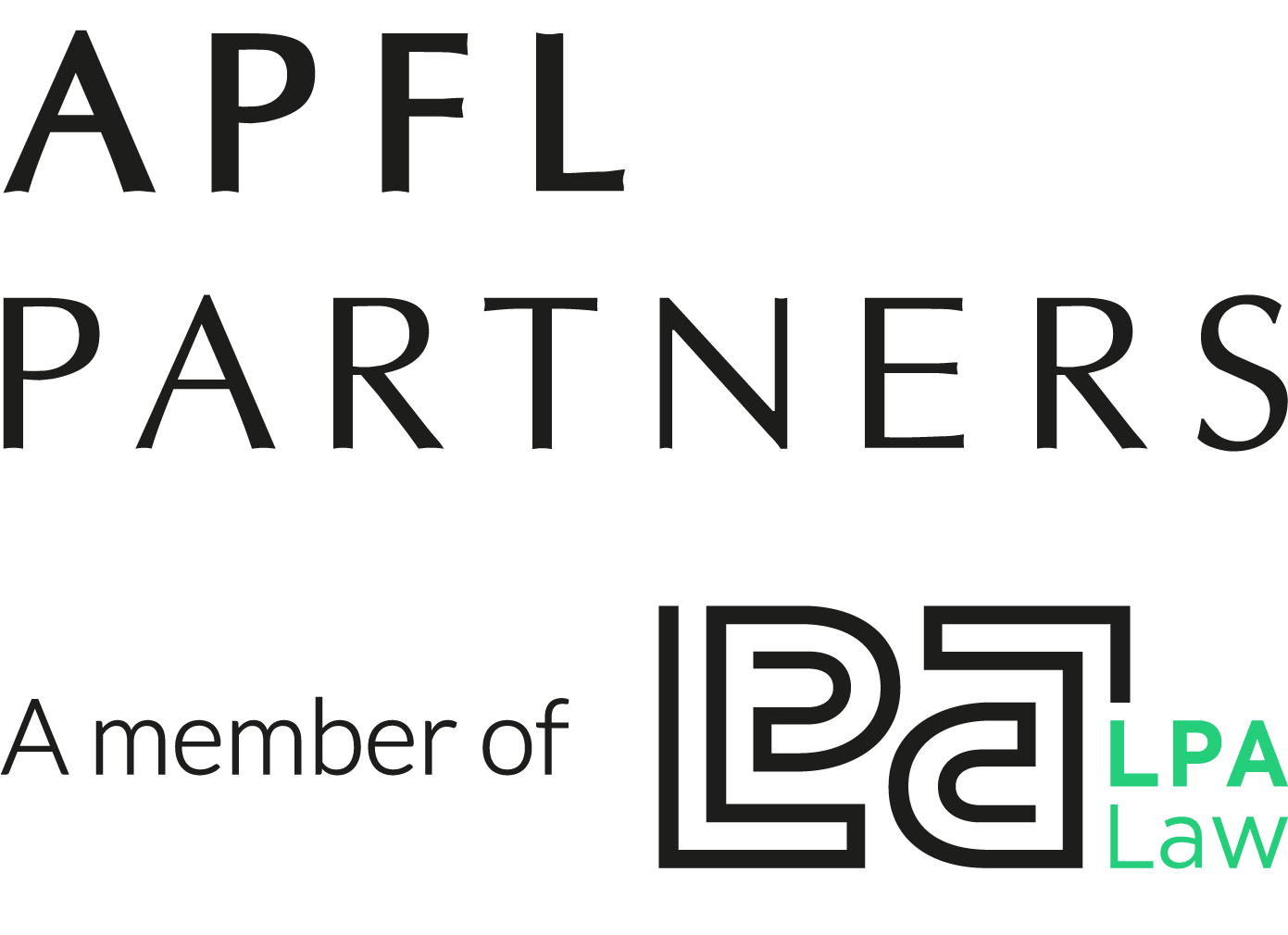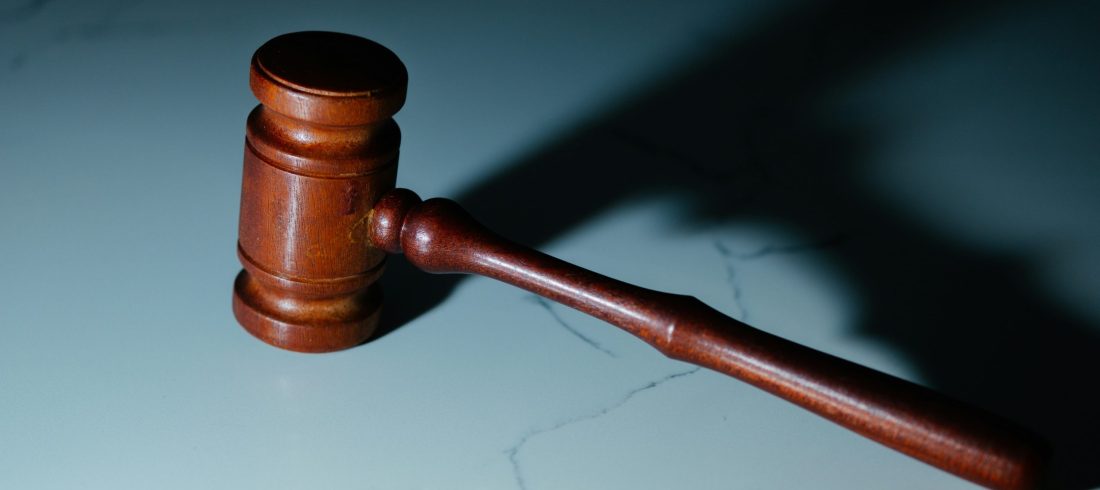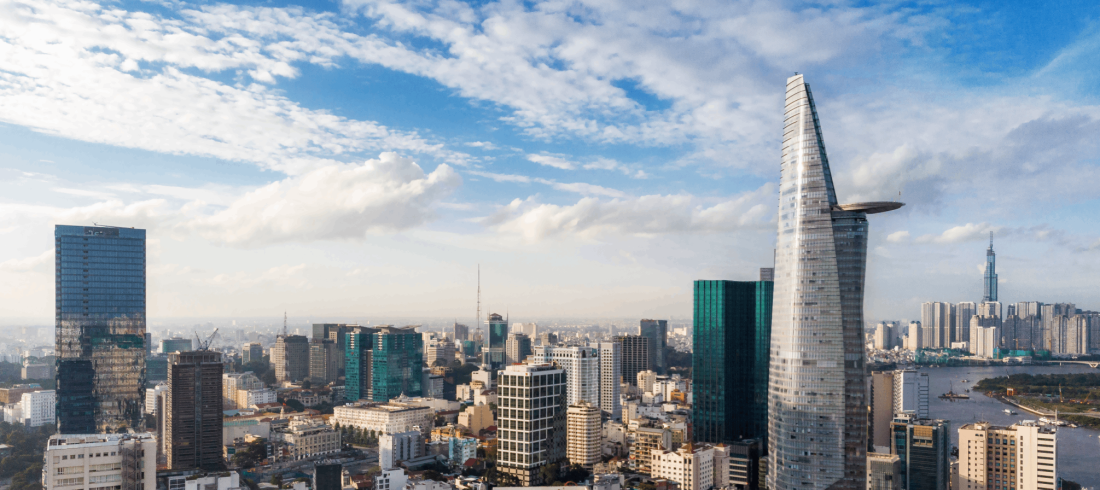New Environmental Regulations for Producers and Importers
Earlier this month, the Ministry of Natural Resources and Environment (MONRE) organised a seminar on new regulations on ‘Extended Producer Responsibility’ (EPR). These new regulations were introduced in the 2020 Law on Environmental Protection, which came into force on 1 January 2022. APFL & Partners attended this event and we are pleased to share the update with our clients below.

In simple terms, EPR requires producers and importers of certain goods to be responsible for the eventual disposal of these products. The idea behind EPR is to drive behaviour change for companies using materials and designing products to support Vietnam’s transition towards a cleaner, greener, more sustainable environment. However, it is worth noting that distributors, retailers, and commercial processors will not be subject to EPR, unless these entities also act as importers or producers. Under the Law on Environmental Protection, EPR consists of two basic responsibilities: recycling and treatment.
The Responsibility to Recycle
The recycling responsibility in the EPR regulations applies to importers and producers of six groups of products. These include packaging, batteries, lubricating oils, tires, electrical and electronic products, and means of transportation.
During the seminar, MONRE emphasised that this regulation just applies to commercial packaging. In other words, it covers items that are in direct contact with a product or its outer packaging. Therefore, an importer of cosmetics or pharmaceutical goods will be subject to EPR. On the other hand, an enterprise importing packaging or cartons to sell to manufacturers in Vietnam will not.
Furthermore, the packaging for just six kinds of goods are subject to EPR. These are foodstuffs; cosmetics; medicines; fertilisers; animal feed and medicine; detergents and other preparations used in the household, agricultural, and medical fields; and cement.
Enterprises have two options when discharging their responsibilities to recycle. This can be done in-house – either the enterprise itself recycles the items or hires third-parties to do so – or through a financial contribution to the Vietnam Environmental Protection Fund (VEPF). Where enterprises choose to manage this in-house, specific solutions for each kind of product are outlined in an annex to Decree 08/2022/ND-CP (Decree 8). For instance, from 2022, a rate of 20 per cent of paper packaging or cartons must be recycled for the first three years in order to produce commercial pulp or other paper products. Importers and producers are entitled to recycle their own products or others of the same kind in the domestic market. However, imported waste cannot be counted towards the minimum recycling rates.
Meanwhile, for enterprises who wish to instead make a contribution to the VEPF, the cost will be calculated as follows: The compulsory recycling rate for a specific product as set out in Decree 8 (R), multiplied by the volume of this product on the market or imported in a particular year (V), multiplied by the reasonable cost of recycling that product (F) including the cost of sorting, collecting, transporting, packaging, and administration. It is worth noting, at this stage, that the government has not issued the cost of the F in this calculation.
The roll out of these regulations will be phased in as follows: from 1 January 2024 for packaging, batteries, lubricating oils, and tires; from 1 January 2025 for electrical and electronic products; and from 1 January 2027 for means of transportation. The cost of F should be available ahead of these deadlines.
Treatment Responsibility
Products which contain toxic substances, or which are difficult to recycle or collect, must instead be treated. This regulation applies to importers and producers of six groups of products and packaging, including: (1) packaging of plant-protection medicines; (2) single-use batteries; (3) single-use nappies, sanitary napkins, and wet wipes; (4) gum; (5) cigarettes; and (f) products with synthetic resin ingredients such as single-use utensils (straws etc.), single-use bathroom products (shampoo etc.), clothes, and furniture.
To meet their EPR responsibilities, importers and producers must make a financial contribution to the VEPF according to the level set out in Appendix XXIII of Decree 8. Unlike the responsibility to recycle, the requirements on treatment came into force with immediate effect alongside the Law on Environmental Protection on 1 January 2022. Therefore, importers and producers must send their declaration to MONRE by 31 March. The VEPF fee can be paid in two installments: 20 April and 20 October 2022.
It is important to note that EPR comes on top of other environmental protection obligations applicable to waste treatment, such as collecting and treating waste generated from producing goods in Vietnam. It is also worth noting that there are exceptions to the two responsibilities described above. These are set out in Articles 77.3 and 83.1 of the Law on Environmental Protection.
To find out more about the new environmental regulations, or how it could impact on companies importing or producing in Vietnam, just contact the APFL & Partners team on: contact@apflpartners.com


